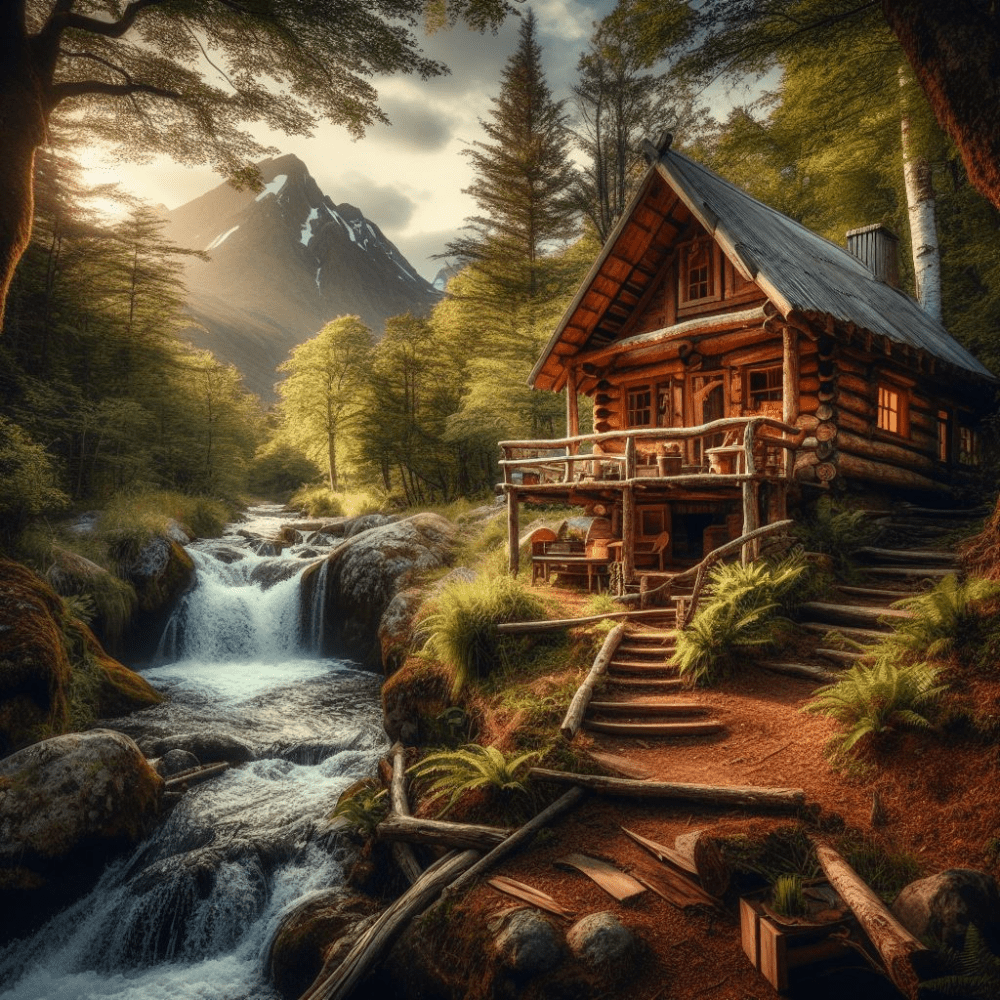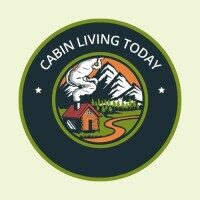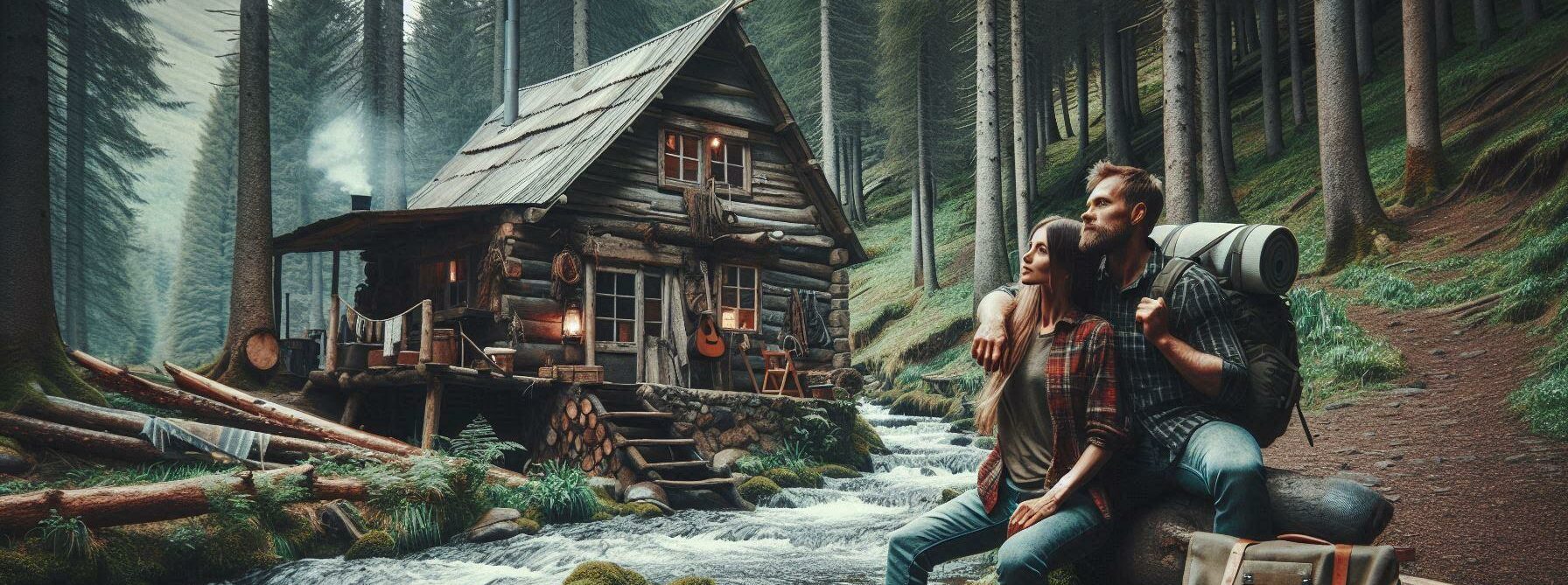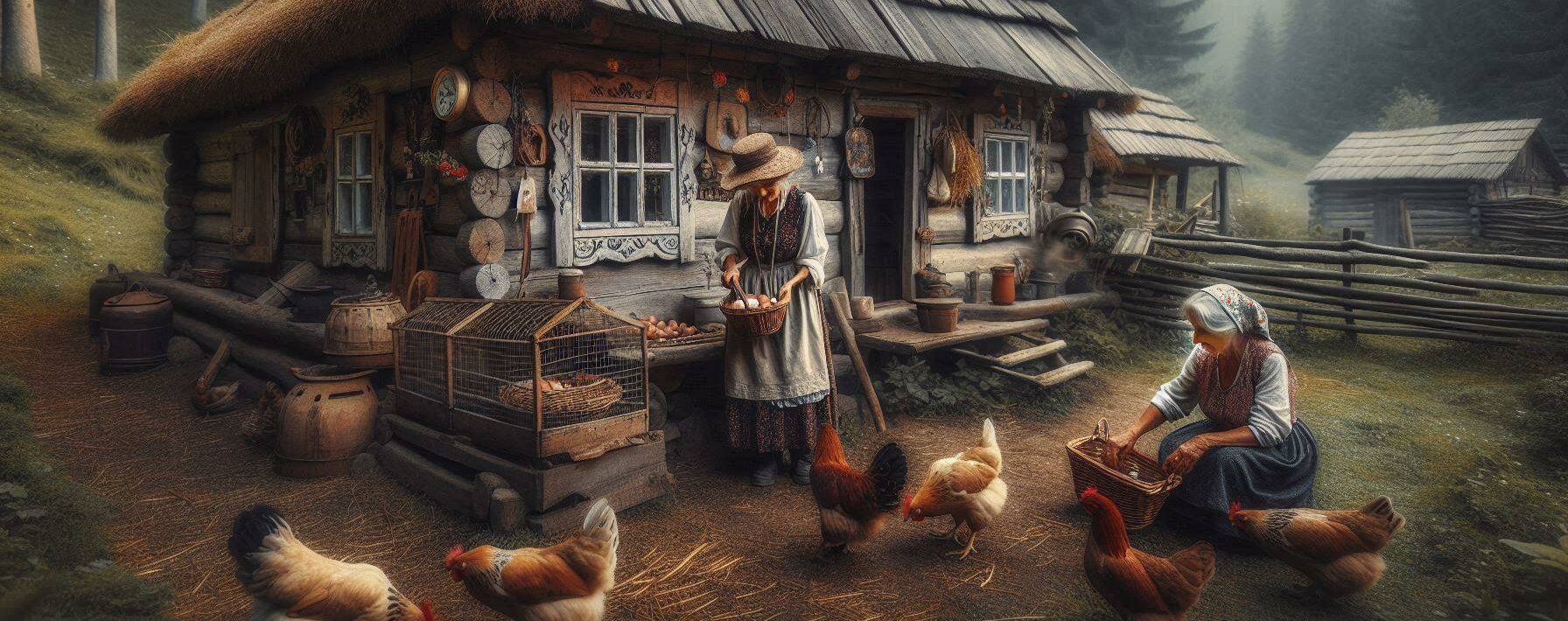Going off the grid is more than just flipping a switch and disconnecting from regular utilities. It’s a lifestyle choice that appeals to those looking for independence, sustainability, and a deeper connection with nature. People are drawn to this way of living for the sheer joy of self-sufficiency and the desire to reduce their carbon footprint.
The benefits of living off the grid are numerous, offering unparalleled freedom and a chance to tailor your daily routine to natural patterns rather than schedules imposed by modern life. You get to enjoy the satisfaction of knowing you’re living sustainably by relying on renewable resources. Plus, there’s the thrill of ensuring your survival without modern conveniences.
However, while the allure is strong, it’s crucial to come prepared with the basics. Having a skill set geared towards self-reliance is key. Think of practical skills like managing a stable water supply, growing your own food, or even understanding how to navigate using a simple map and compass.
But don’t underestimate the challenges waiting for you on this path. Beginners often face hurdles such as securing a reliable energy source, adjusting to limited digital connectivity, and overcoming the initial shock of off-grid isolation. Getting into this lifestyle without forethought can lead to hiccups. So, this journey requires not only enthusiasm but also some planning and readiness to tackle whatever Mother Nature throws your way.
Mastering Essential Survival Skills
Living off the grid demands a solid set of survival skills. One of the first things to get comfortable with is navigating without technology. Learning to use maps, compasses, and tracking the sun’s position can guide your way. Nature has plenty of tricks up its sleeve—you just need to learn how to read them.
Then there’s the art of building and maintaining shelter. It’s about using natural resources wisely to create a space that protects you from the elements. Think about structures that harness both creativity and practicality. Tarp lean-tos or log cabins don’t just pop up on their own.
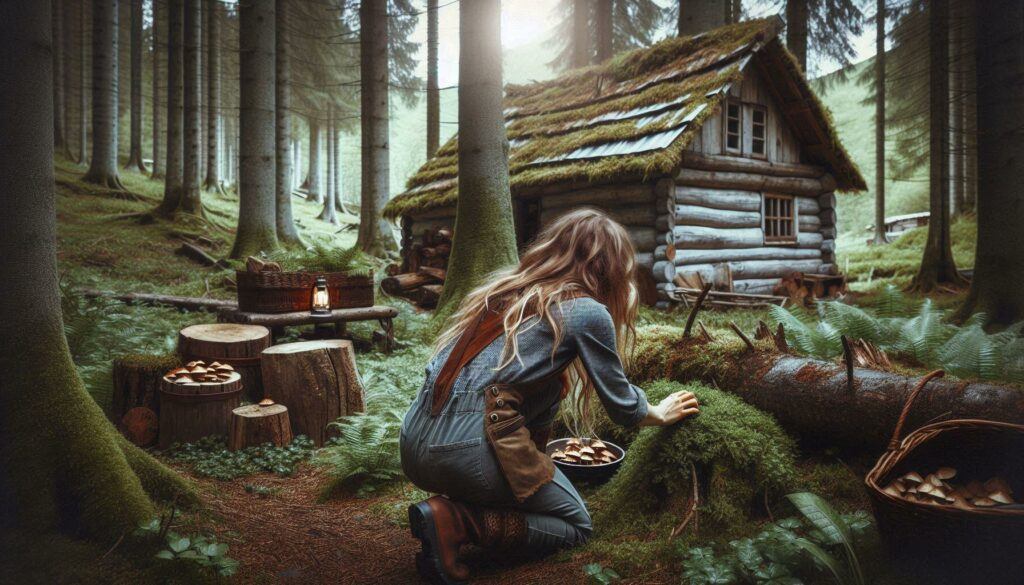
Every off-gridder should know how to forage safely. Identifying wild plants that are both edible and medicinal is essential. It’s all about connecting with nature on a different level, understanding what grows where, and knowing what’s safe to consume.
Basic maintenance and repair skills can’t be overlooked, either. You’ll want to be a bit of a Jack-of-all-trades when it comes to fixing things up. Whether it’s patching a leaky roof or repairing simple tools, it’s crucial to keep everything in working order. After all, forgetting a hammer in town might mean a long wait for the next supply run.
Sustaining Life Through Resource Management
Managing resources is a big deal when you’re living off the grid. Water, energy, and food all play crucial roles in making your lifestyle more manageable and eco-friendly.
Water purification is the first step to staying healthy. Whether you’re collecting rain, using a natural spring, or drawing from a well, purifying your water is non-negotiable. Methods can range from boiling to using filtration systems or even simple natural solutions like charcoal filtering.
You’re not plugged into the grid, but you still need energy. Solar panels are a popular choice for harnessing the sun’s power. There are also wind turbines and hydroelectric setups if you have the right location. It’s all about finding what suits your environment and budget best.
The next challenge is food production. Gardening becomes more than a hobby; it’s a necessity. Growing your own fruits and vegetables secures your food supply and reduces reliance on store-bought produce. Meat doesn’t have to be off the menu if you’re into hunting or keeping livestock. Even preserving food through canning or drying can help extend your stock.
Proper waste management keeps your space clean and has environmental benefits. Creating a compost system is a smart way to recycle organic waste, providing nutrient-rich soil for gardening. It’s about making the most of every scrap and reducing what goes back to the landfill.
Community and Safety in Off-the-Grid Living
Finding a sense of community while living off the grid can be incredibly rewarding. Connecting with fellow enthusiasts or neighbors can provide a support network. Sharing skills and resources might also make this lifestyle easier and more enjoyable. After all, nobody’s an island, especially when it comes to learning and adapting.
It’s crucial to be aware of local laws and regulations regarding off-grid living. From building permits to renewable energy installations, understanding these rules will keep you out of trouble and ensure a smooth transition to this lifestyle. Laws vary by area, so do your homework before fully committing.
Safety is another biggie. Having emergency preparedness plans and basic self-defense skills gives you peace of mind when you’re miles away from conventional help. Knowing how to deal with unexpected situations—be it a medical emergency or a natural disaster—is just as important as knowing how to grow your own food.
Let’s not forget about the emotional side. Adjusting to a life filled with more solitude can be tough at first. Finding ways to cope, whether through hobbies, journaling, or staying connected with loved ones, helps maintain emotional well-being. It’s not just about surviving; it’s about thriving in a new environment and making the most of each day.
